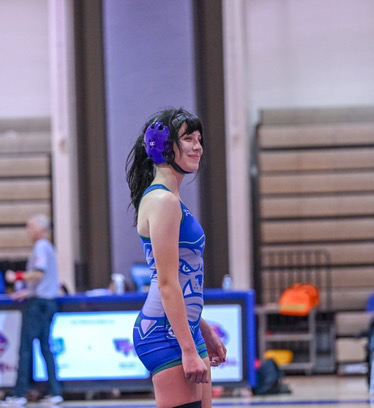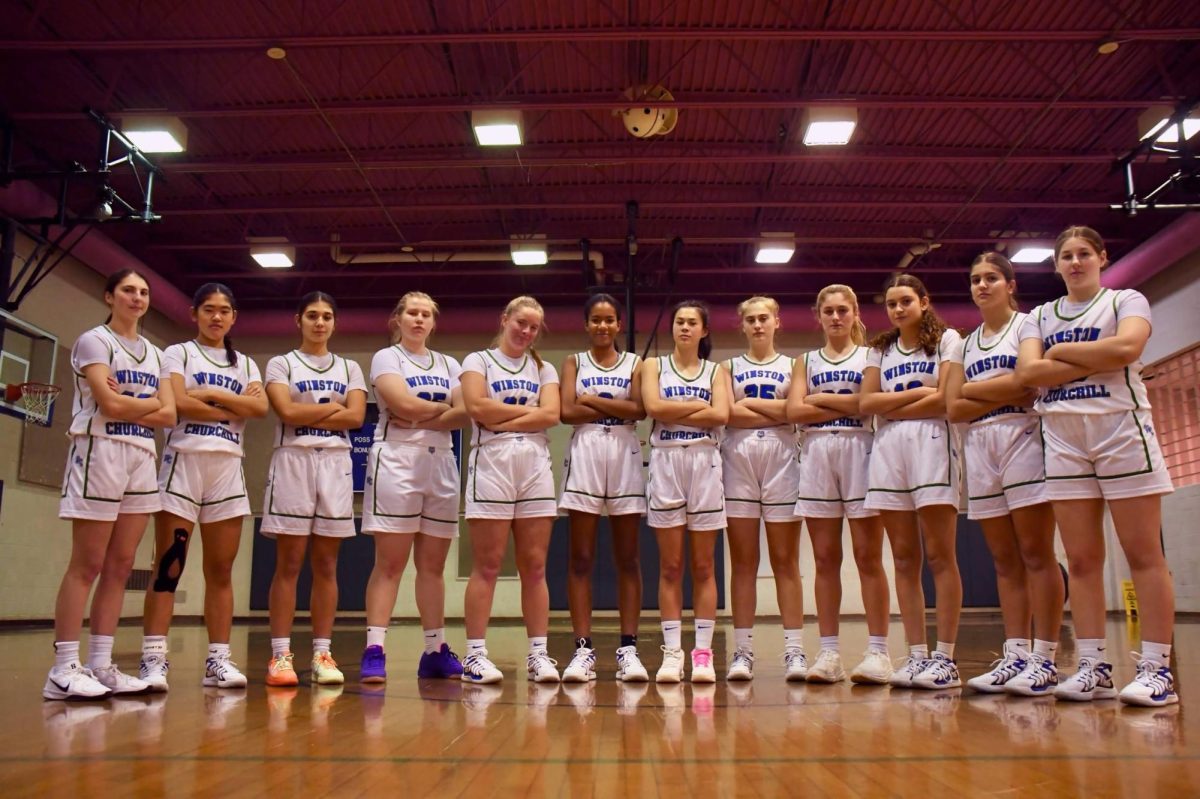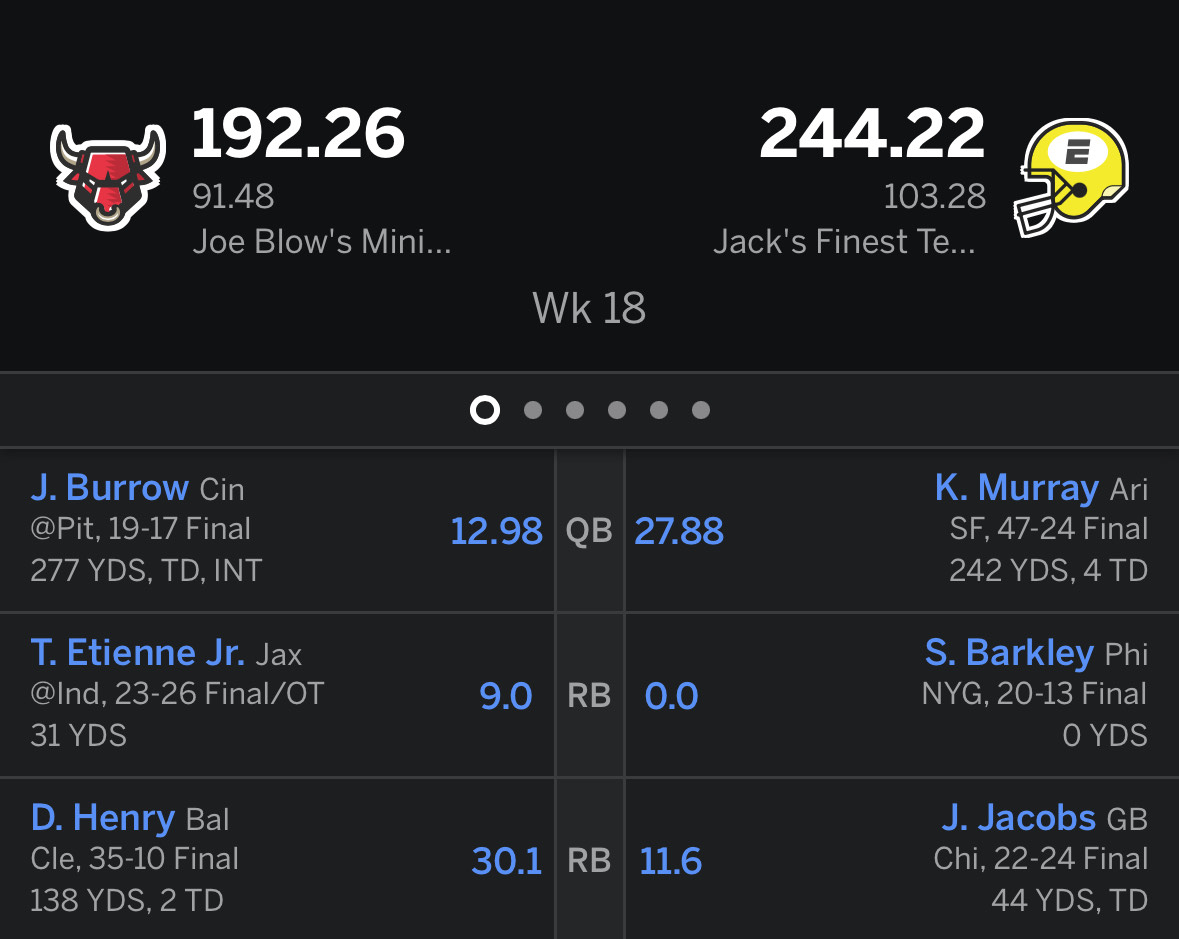NBA Commissioner Adam Silver recently said his top priority is to change the minimum age of players in the NBA from 19 to 20 in order to encourage college basketball players to stay in school longer and to improve the young talent. The repetition of college freshmen leaving for the draft is hurting both the NBA and the NCAA, and provisions need to be made to fix it.
The top high-school basketball prospects have spent one year at their Alma Maters and then declared for the draft in an attempt to avoid college and get to the NBA. Names like former draft picks Anthony Davis, Michael Kidd-Gilchrist and upcoming draft picks Andrew Wiggins, Jabari Parker, and Joel Embiid are living proof of this pattern. This continues to happen despite the NBA and NCAA advocating against the rule. Something must be done to keep these players in school longer, so the NCAA will have more veterans and the NBA will have more seasoned rookies.
According to an April SportingNews.com article, NBA Commissioner Adam Silver believes that increasing the age limit from 19 to 20 will benefit both the league and the careers of the young athletes.
By increasing the age limit, the NBA will be keep college basketball players in school until they finish their freshmen and sophomore years, which would increase both the talent level in the NCAA and the experience of rookies in the NBA.
For a lot of these athletes the NBA salary is the driving force behind their college. However, the money will mean nothing to players when they are not educated about how to handle it wisely.
According to a March RedEyeChicago.com sports column, even though the rookies will be receiving at least $507,000 annually, an education is worth more because there is no guarantee as to how long these swollen checks will continue to roll in. Many players—like the New York Knicks’ Eddie Curry—in fact have gone bankrupt.
Even one extra year of college can make a massive difference in an athlete’s performance at the pro level. One more year is one extra year of maturity both mentally and physically. These young adults would have an entire extra year to improve their basketball skills for the world stage and prepare themselves for the abundance of attention and income to come.
The promise of a six figure salary seems like endless money to many of the prospects who have been playing for nothing since they started, and it is an unbelievably tempting offer for student-athletes who have lived in poverty. However, the problem isn’t that the NBA is paying too much, but that the NCAA is not covering the expenses of players properly.
According to an April ESPN.com article, Silver admitted that the only way the age limit will change is if colleges start covering the expenses of top athletes better than the simple scholarship. Subsequently, although Silver said they have not been working on a plan to give financial incentive to the players who stay in college, he said it is an option they have discussed.
The leagues are aware of the difficulty in trying to change this rule, but it is in the best interest of both the NBA and the NCAA to raise the age limit in order to improve the environment of the leagues and appease the fans.
According to a poll conducted of 50 students, 28 percent of students believe that college basketball players should stay in college for either two or all four years.
Obviously, it is not only the two organizations that believe in raising the age limit, but also the fans. This is clearly the move that everyone wants to see done correctly, and swiftly.
When players like Earvin “Magic” Johnson and Larry Bird each stayed in college for at least two years, they still went on to become two of the greatest players that the NBA and NCAA had ever seen, and there is no reason the young talent today shouldn’t do the same.







